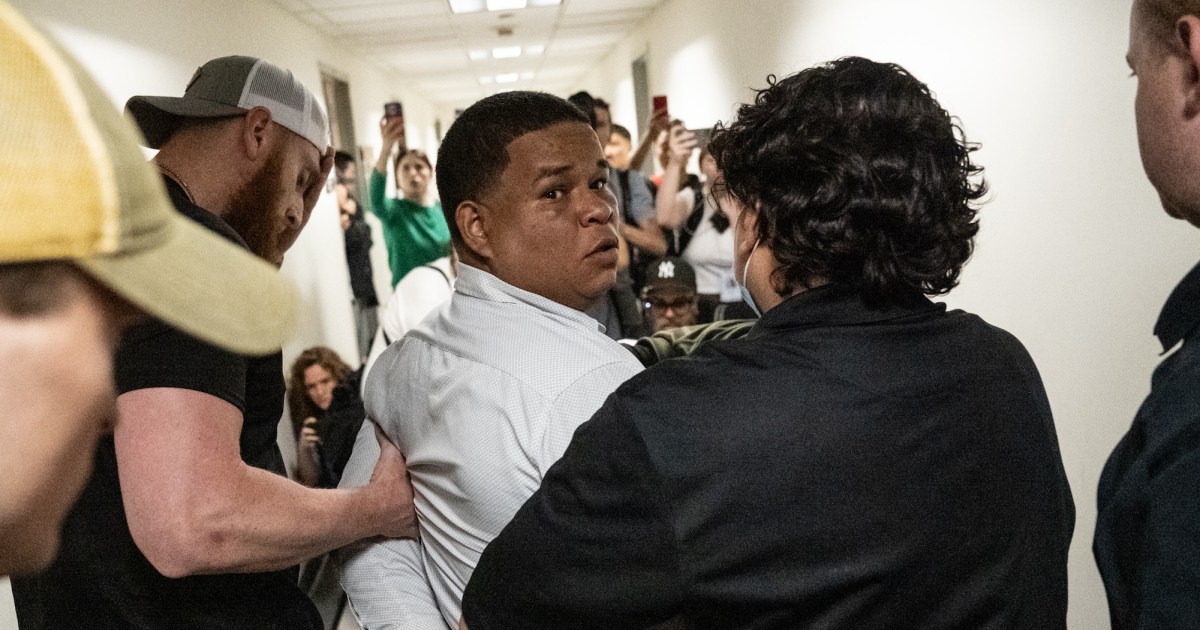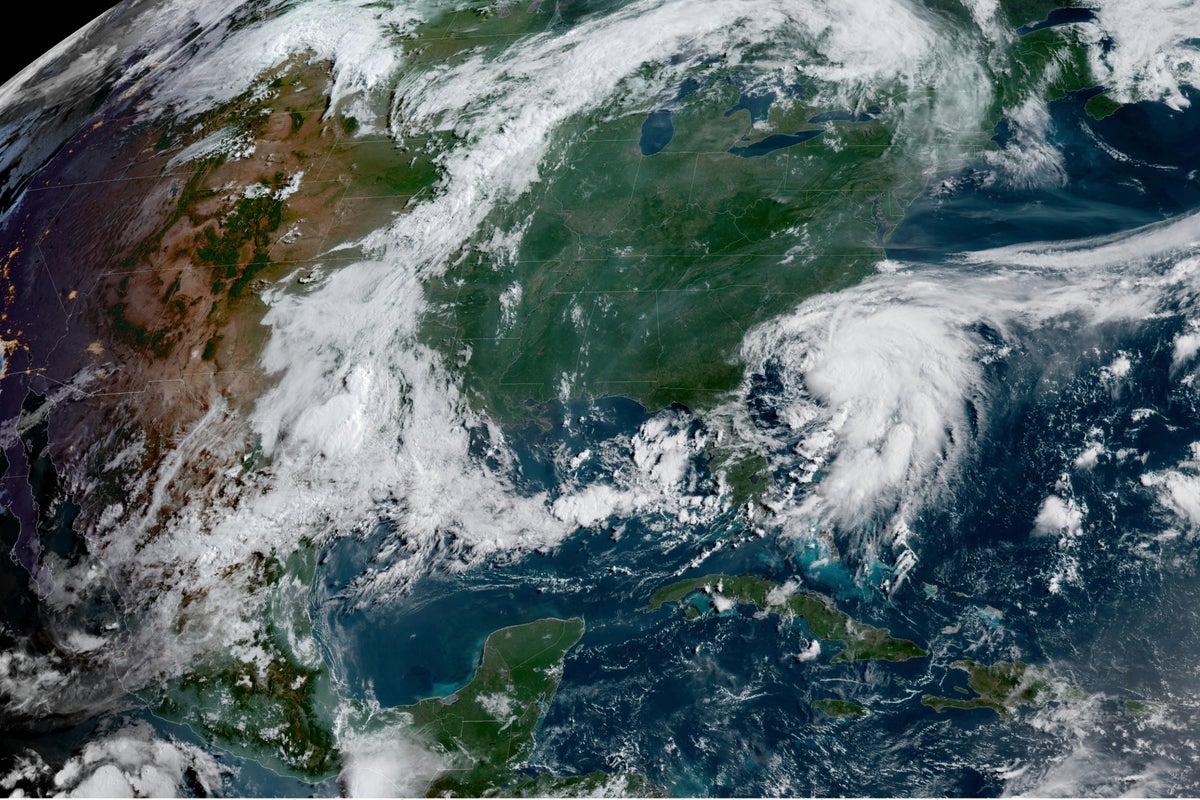On the 249 anniversary of the country’s declaration of independence from tyranny, the Trump administration was in court asking a judge to let it send eight men to South Sudan, a war-torn country where they face a significant possibility of torture or death. The government wished to subject these men, and then untold thousands more, to such a fate without the guarantee of due process promised in the Constitution. And on America’s birthday, they got their wish.
A federal judge in Massachusetts declined to halt the deportations. He lay the blame at the feet of seven Supreme Court justices who had allowed the removals to move forward the previous day. The Trump administration had a plane to fly them from a US military base in Djibouti scheduled for 7pm ET on July 4. Presumably, they are now in South Sudan.
The July 4 courtroom drama is the denouement of a months-long battle over the Trump administration’s plan to remove non-citizens to so-called third countries, nations that the immigrants have no ties to. The Massachusetts judge, Brian Murphy, had required the government to provide non-citizens the chance to object to the third country on grounds that they may face torture there before removing them. This kind of due process was in accordance with federal law, international law, and the Constitution. But in late June, the Republican appointed Supreme Court justices allowed the administration’s third-country removals proceed without this due process.
This led to a final showdown on Independence Day over whether some of the key liberties won through the creation of the United States will still endure. In a last-ditch effort to halt their client’s removal to South Sudan, where people are subjected to horrific violence, lawyers for the eight men argued that the removal is an unconstitutional punishment with additional cruelty intended to deter future migration. Further, the eight men had been convicted of felonies and served their sentences. Trump has no additional right to inflict further punishment by removing them to a country where torture likely awaits.
In a video hearing in federal court in Washington, DC on Friday, Judge Randolph Moss was disturbed by the wide latitude the Trump administration claimed to punish individuals through deportation to whatever country it wishes. If an orthodox Jew on route to deportation to Israel angered a DHS agent, Moss asked, could the government instead remove him to a country where he couldn’t practice his religion?
Ultimately, Moss transferred the case to Massachusetts where the litigation over third-country removals had been playing out. There, Judge Murphy declined to halt the flight to South Sudan due to the Supreme Court’s previous orders in the case.
In 1776, drafting the Declaration of Independence, Thomas Jefferson zeroed in on an abusive and malleable justice system. He accused the king of depriving colonists of trial by jury and for “transporting us beyond Seas to be tried for pretended offences.” As my colleagues David Corn and Tim Murphy noted, commemorating the holiday, Trump’s immigration agenda reflects modern shades of these notorious offenses: condemning hundreds—and soon likely many thousands—of immigrants to torture in other countries without the fair processes guaranteed by the Constitution and beyond the protection of the American judicial system.
The United States has rarely lived up to the full promise of its founding documents. This July 4, the Trump administration acted more like the monarchy the colonists overthrew than the revolutionaries demanding freedom.















